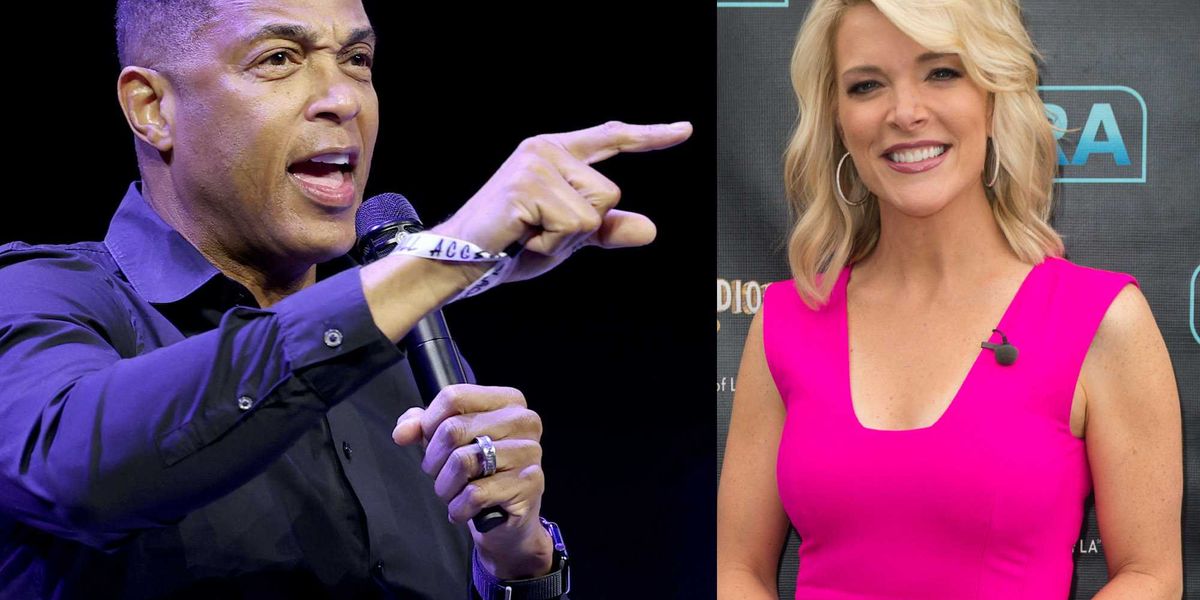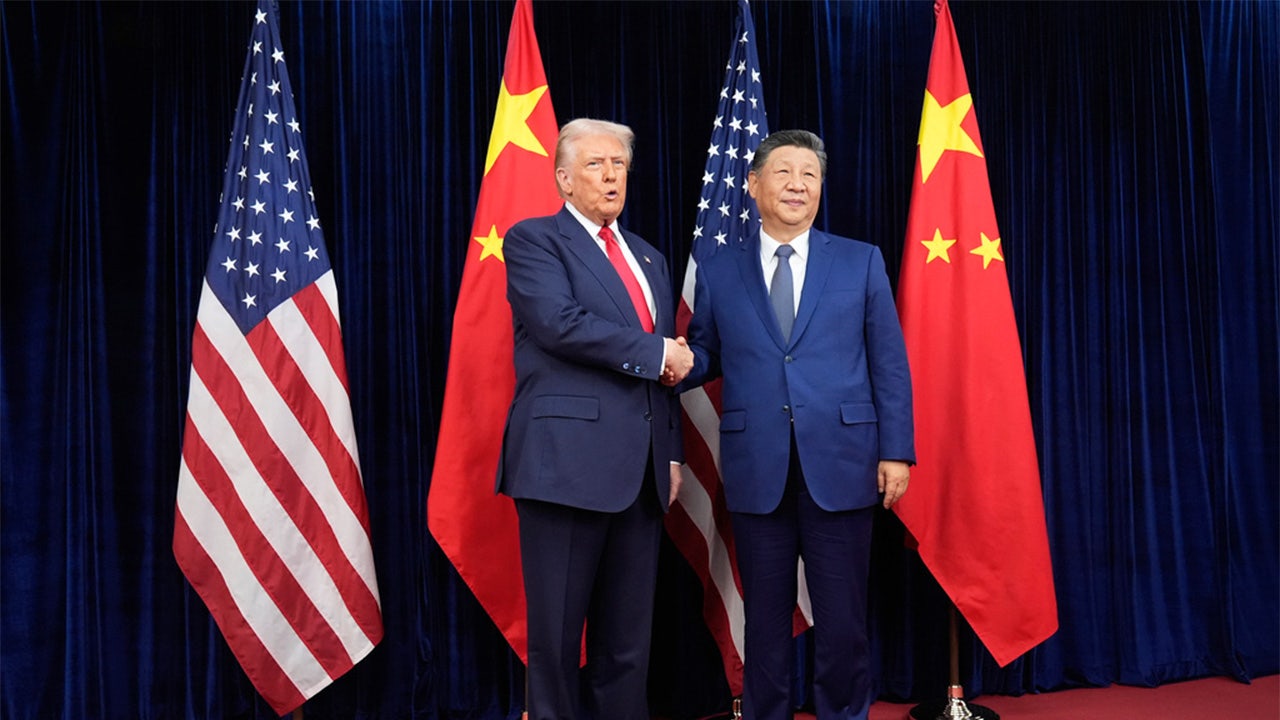Harmeet Dhillon, now serving as Assistant Attorney General under President Donald Trump and heading the Civil Rights Division of the Department of Justice, revealed in a recent interview with Tucker Carlson that her appointment triggered intense internal backlash among career DOJ attorneys, as reported by The Gateway Pundit.
Speaking on Carlson’s show, Dhillon described what she encountered upon stepping into her role. According to Dhillon, the division was staffed predominantly by individuals with deeply entrenched ideological leanings, many of whom resisted the direction of the incoming administration.
“When I was appointed, the division had over 400 attorneys and around 200 support staff, totaling about 600 people,” Dhillon told Carlson.
Trump’s Sovereign Wealth Fund: What Could It Mean For Your Money?
“Many of them had been there through both Democrat and Republican administrations, but their loyalty was to a particular agenda, not necessarily to the Constitution or to their superiors.”
Dhillon said the reaction among staff was immediate and emotional. “They began leaking memos to the press,” she recalled. “They started holding ‘unhappy hours’ where they invited supervisors and expressed their dissatisfaction.”
But more notably, Dhillon claimed, some staff resorted to holding what she referred to as “crying sessions.”
This Could Be the Most Important Video Gun Owners Watch All Year
Carlson responded by characterizing the situation as an example of what he called the “deep state,” where career government employees resist elected leadership and operate with independence from the democratic process.
Dhillon stated, “The Civil Rights Division has been the ideological wing of the DOJ for years. It’s where a lot of policy activism happens under the radar. And when I signaled a change in direction, the resistance was organized and visible.”
According to Dhillon, the department’s internal dissent resembled the kind of emotional outbursts often seen on college campuses, likening the crying sessions to “safe spaces.”
She noted that some of the more ideologically driven attorneys eventually resigned, while others stayed and adjusted to the new leadership.
The interview segment, which has since circulated widely online, highlighted a broader theme about the friction between political leadership and embedded federal personnel. Watch the full interview here:
Dhillon’s comments shed light on what she describes as a longstanding culture clash within the federal bureaucracy—a tension that remains a focal point in ongoing debates over government reform, political loyalty, and accountability within the civil service.
Connect with Vetted Off-Duty Cops to Instantly Fulfill Your Security Needs
The opinions expressed by contributors and/or content partners are their own and do not necessarily reflect the views of LifeZette. Contact us for guidelines on submitting your own commentary.
Read the full article here


![DOJ Staff Held “Crying Sessions” After Harmeet Dhillon Took Over [WATCH] DOJ Staff Held “Crying Sessions” After Harmeet Dhillon Took Over [WATCH]](https://www.rvmnews.com/wp-content/uploads/2024/12/2024.12.10-12.50-rvmnews-6758392ab7a88.jpg)








